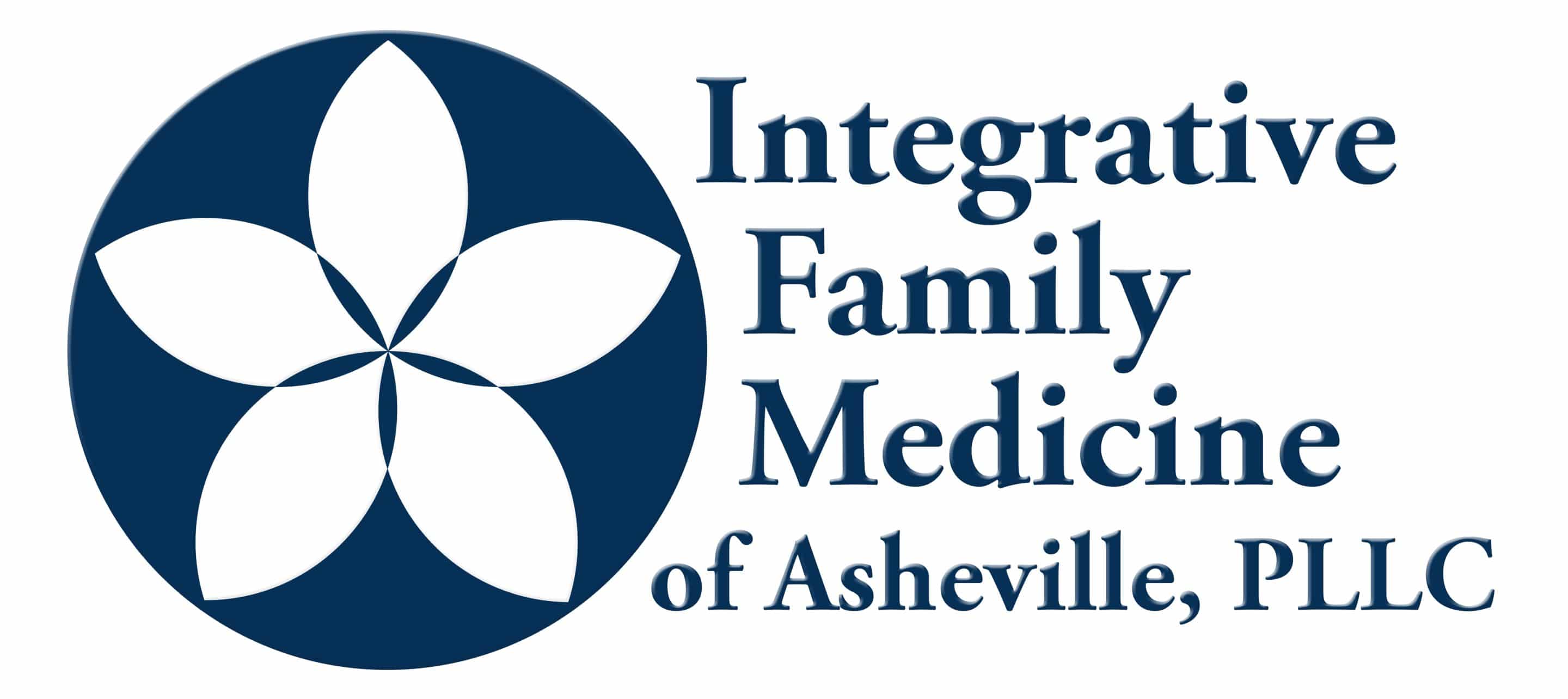An Interview about budgeting for health with OnTrack WNC and IFMA Health Coach, Ariana Figueroa, NBC-HWC.
Money, debt, savings, and retirement: these subjects are not usually discussed directly when meeting with a doctor. Yet we carry our finances with us as we make decisions regarding health care, groceries, jobs, homes, and more. One in five Americans reports struggling to pay for medical bills, and 50% of us are dealing with chronic illness of some kind. Having enough money to care for ourselves can make the difference between following through on a provider’s recommendations… or not.. Integrative Family Medicine of Asheville’s mission is to provide the best quality of health care geared towards addressing the whole person, family, and community. With this aim in mind we asked our health coach, Ariana Figueroa, to reach out to OnTrack Financial Education and Counseling of Western North Carolina. OnTrack WNC is a non-profit organization based in downtown Asheville that is dedicated to building financial literacy and resilience in Western North Carolina. Their conversation is below.
IFMA: What attitudes and behaviors do you believe lead people to financial stress?
OnTrack WNC: Not asking for support or help before, during, or even after financial issues arise. Peer influence or “Keeping up with the Jones’ mentality.” Just because my friends eat take-out every night does not mean I should strive for the same lifestyle. Our financial situation and personal values are different, and that’s ok. Also, the belief that things cannot get any better financially.
IFMA: What does financial stability look like from your perspective?
OnTrack WNC: Financial stability is subjective. It could mean marrying a wealthy person to take care of my needs or it could mean having $1000 in a savings account. This varies greatly between individuals,so it would be better to ask what financial stability means to you and then reflect on where you are with that definition, in reality.
IFMA: What are the most common mistakes people make with their money?
OnTrack WNC: Not knowing what is being spent on food expenses is probably the most common mistake, seeing as everyone buys food. Not knowing what you spend on any type of expense is a mistake. Simply knowing the amount you have spent on something can allow you to do things differently later, if you want or need to. Also, not paying themselves first, with savings—even if it’s just $1 each paycheck— we should pay ourselves first. Not saving money or having savings for emergencies can create an unhealthy relationship with money.
IFMA: What steps can people who are on a fixed income take to build savings?
OnTrack WNC: Treat saving money as a habit, which it is. Habits start small. Whether they be good or bad habits, they start really small and grow. Take a step back and figure out why you want or need to save money:emergency, debt payments, vacation, iPhone x, etc. Then pick a realistic amount you think you can start to save towards the thing you want be that $5, $10, or $100. Cut the amount you picked in half and try to save the smaller amount first. Decide where you’ll keep the money whether it’s under the mattress, in an envelope, an online savings account, or an in-person bank account. Choose how frequently you can save that amount: weekly, bi-weekly or monthly, then start SAVING MONEY!
IFMA: What financial habits do you see leading people from debt to savings?
OnTrack WNC: Having a plan and reason to pay off debts. If using debt was a habit, you’d need a reason to curve that and adopt healthier habits (like saving!). Having money dates where you review your financial goals is a great example of this. The money date could be the night before payday, on your payday, or a day that’s peaceful enough to look at your money and plan how to spend it. My goal with money dates is to ensure I can make it from paycheck to paycheck without using debt. I also try to save something from each paycheck. Having accountability partners or accountability traps help you stay on track. Accountability partners can be anyone: wife, husband, mom, counselor, or friend. Just tell them your goal and how you’d like them to check in on you from time-to-time. Accountability traps can be things like notes wrapped around your debit card reading “SPEND LESS, VACATION MORE” “GET OUT OF DEBT!” They may also look like vision boards of your financial goal or a SMART Goal mapping out your plan to get out of debt or save towards something [SMART is an acronym for Specific, Measureable, Action-oriented, Realistic, and Time-based. SMART Goals are used in financial coaching as well as health coaching, and more.]
IFMA: What questions do you wish people would ask in the workshops and coaching sessions you offer?
OnTrack WNC: Hmmm that’s a good one……
- Is it wrong to live paycheck to Paycheck? Nope, in fact, that’s the name of the game; however, can you make it from paycheck to paycheck without going into more debt?
- Why don’t people talk about their money lives, honestly? Why don’t you talk about your money life is the question I’d ask in response.
- How is OnTrack funded to do this work? Several sources: Grants, contracts with employers like Biltmore and Mission Health Systems, government funding and individual donations.
———
OnTrack WNC offers workshops and classes that teach about paying down debt, building savings, how to buy a home, and more. Learn more about them at www.ontrackwnc.org.
You can learn more about Integrative Family Medicine of Asheville, and how we practice medicine differently, on our website!
Sources:
- https://www.ncbi.nlm.nih.gov/pubmed/24472320
- https://www.ncbi.nlm.nih.gov/pmc/articles/PMC4830259/#R1
- https://www.ncbi.nlm.nih.gov/pmc/articles/PMC4738080/
- https://www.ncbi.nlm.nih.gov/pmc/articles/PMC4830259/

